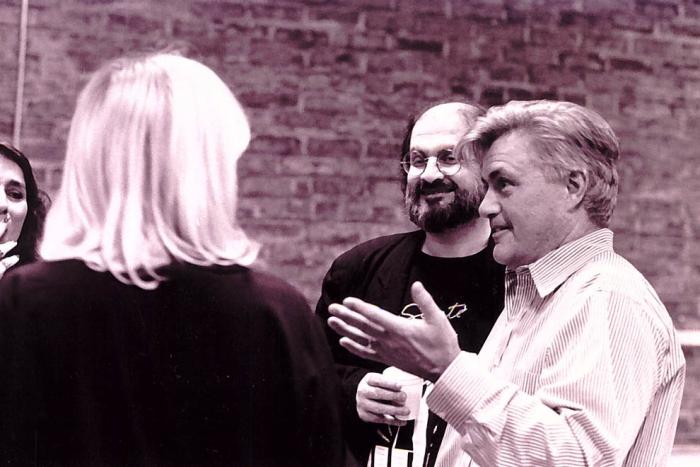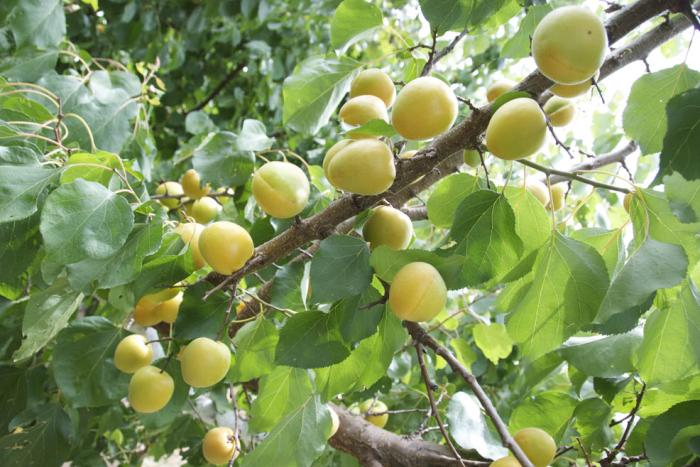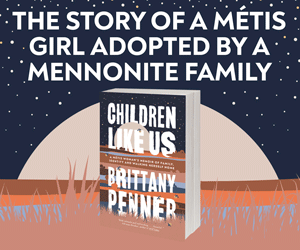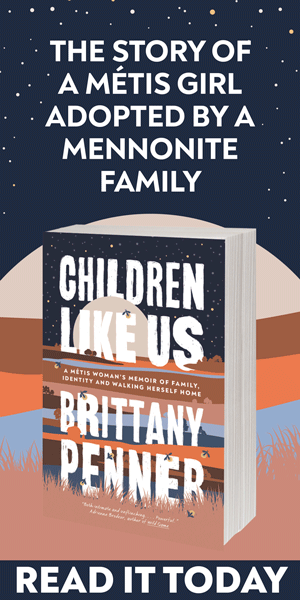From a horrible childhood mishap to his time spent as a doctor in conflict zones such as Cambodia and Sudan—a man's reflection on what guns have meant in his life.
Essay
The Latest
The family is Indian and has little use for Christmas. Except for the blue-eyed, two-year-old granddaughter who is psyched up for Christmas, and everyone is psyched up for her. Confusion ensues.
In a secular age, the most meaningful memorials are the ones we design ourselves, reflecting the lives we've lived. And in a secular age, the most significant memorials bring peace to the people still living—the people who knew us best when we were still alive.
Twenty years ago tomorrow, Salman Rushdie made a surprise visit to Canada while living in hiding under the fatwa decreed by Ayatollah Khomeini. It was an historic occasion—not just an opportunity for the embattled author of The Satanic Verses to enjoy the rare company of his fellow authors, but for an entire country to unite in support of free expression.
Mad Pride, a global movement with Toronto roots, conceives of madness as an identity—personal, cultural, political—rather than an illness. Modelling itself after Gay Pride, it challenges biomedical narratives and empowers its adherents. But is it tenable? Is it safe?
Literary works that inflict terrible cruelty upon their characters—and upon you, dear reader.
Physical punishment is more acceptable in some cultures than others, and this acceptability helps determine how children make sense of being hit. Being hit, however, still carries some weight.
Spurred by memories of first love and impossible sweetness, the author of The Fruit Hunters investigates a culinary holy grail—the delectable apricot.
Pagination
- Previous page
- Page 14
- Next page












